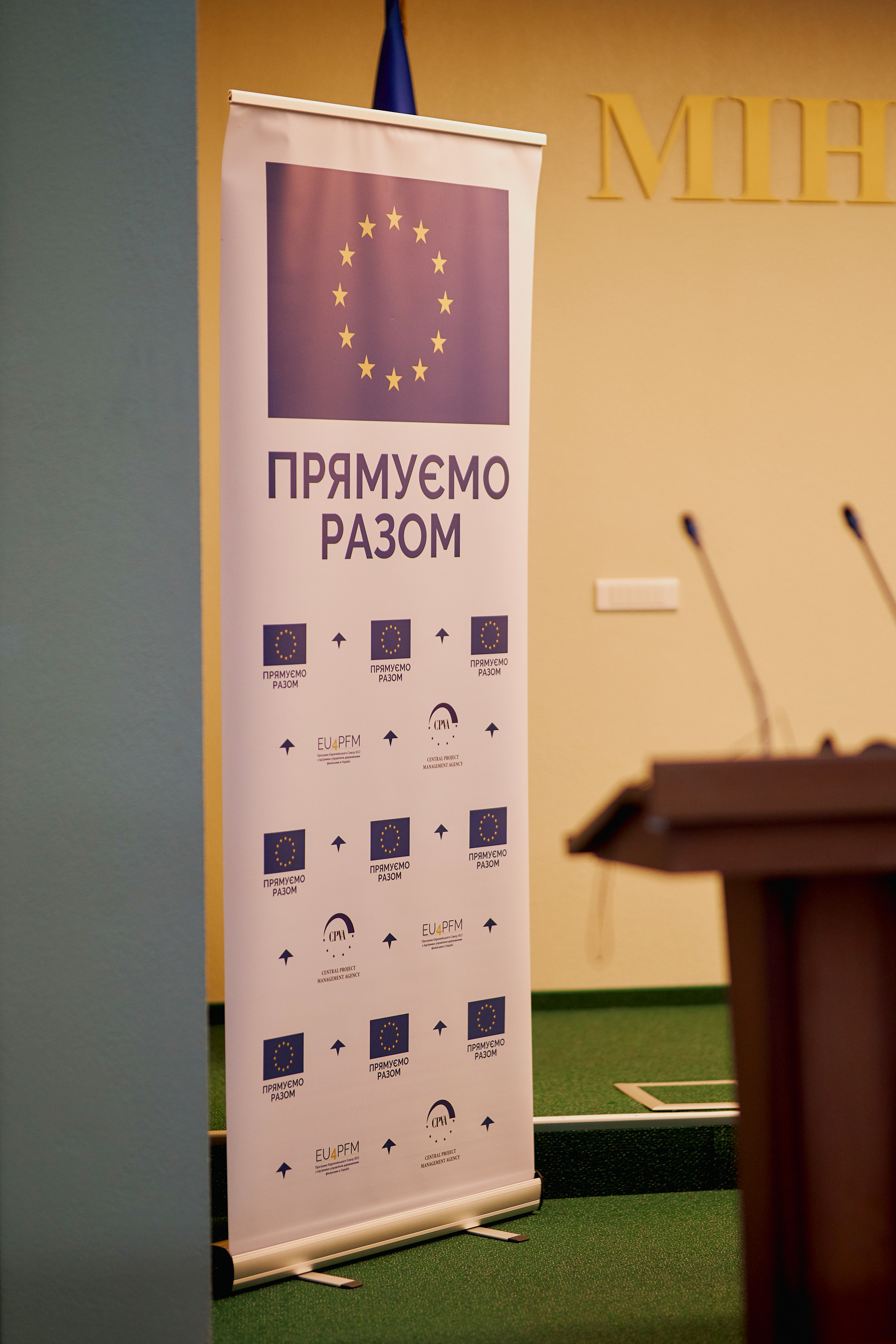New EU mechanisms to combat tax avoidance
An overview of the instruments of the EU legal system for the implementation of BEPS Plan standards was presented at the training seminar by EU4PFM International Experts on Taxation, Mr. Ivan Plamenov Antonov (Bulgaria), and Mr. Roberts Auzins (Latvia).
Employees of the Ministry of Finance of Ukraine and the State Tax Service of Ukraine took part in the training seminar.

At the beginning of the seminar, Ms. Lyudmyla Palamar, Director of the International Taxation Department of the Ministry of Finance of Ukraine, thanked the EU4PFM project for its continued support in implementing initiatives, which are aimed against aggressive tax planning.
On January 1, 2017, Ukraine joined the BEPS Action Plan, which is already being implemented by 137 countries.
At the same time, the EU countries are making progress in combating aggressive tax avoidance schemes. According to Mr. Paulius Majauskas, EU4PFM Key International Expert on Tax, the team of experts shared with the participants the new progressive mechanisms that have already been introduced or are being discussed in the EU countries and may be adapted to Ukrainian legislation in the future.
The issue of the effectiveness of the multilateral single mechanism for combating the artificial reduction of the tax base and the establishment of common transparent EU tax rules against tax avoidance is being regulated by special documents – directives. At the same time, the EU member states have an obligation to implement them into national law. The directives to some extent reflect the development of the EU’s actions to combat the erosion of the tax base.
Cross-border tax avoidance, aggressive tax planning, and unfair tax competition are the main objects of concern in the EU and globally, – said Ivan Antonov. The issuance of prior tax approvals, which facilitate the consistent and transparent application of legislation, was a common practice in some EU countries.
The EU Directive (DAS 3) introduced mandatory automatic exchange of information in the field of taxation, provided definitions of “prior international agreement”, “cross-border transaction”, “prior pricing agreement”, etc., defined what information is to be exchanged, in what timeframe and what is the action mechanism. This directive is, in particular, in line with Step 5 of the BEPS Plan to Combat Harmful Tax Practices. The exchange partners, in accordance with DAS 3, are the countries of tax residence of all related parties with which the taxpayer enters into an agreement in respect of which an approval has been made or based on which an income appears for related parties benefiting from the preferential treatment.
The DAC7 Directive sets out standard OECD rules for the reporting by digital platform operators such as Bolt, Uber, Amazon, Booking.com, etc.
The main goal is to increase the transparency of taxation by obliging the digital platforms to provide to the tax authorities information about sellers who receive income through digital platforms.
For example, the EU DAC Directive7 contains key definitions; due diligence procedures to be followed by platforms for identifying sellers and identifying appropriate tax jurisdictions for reporting purposes; requirements for reports on the platform, its operators, sellers; effective administration, and law enforcement.
In addition, the seminar addressed the settlement of tax disputes in the EU countries, new rules for the exchange of information on cryptocurrency, and more. The training became the basis for understanding the EU policy in the field of combating tax avoidance and coming changes in Ukraine.
Let’s implement changes together!




